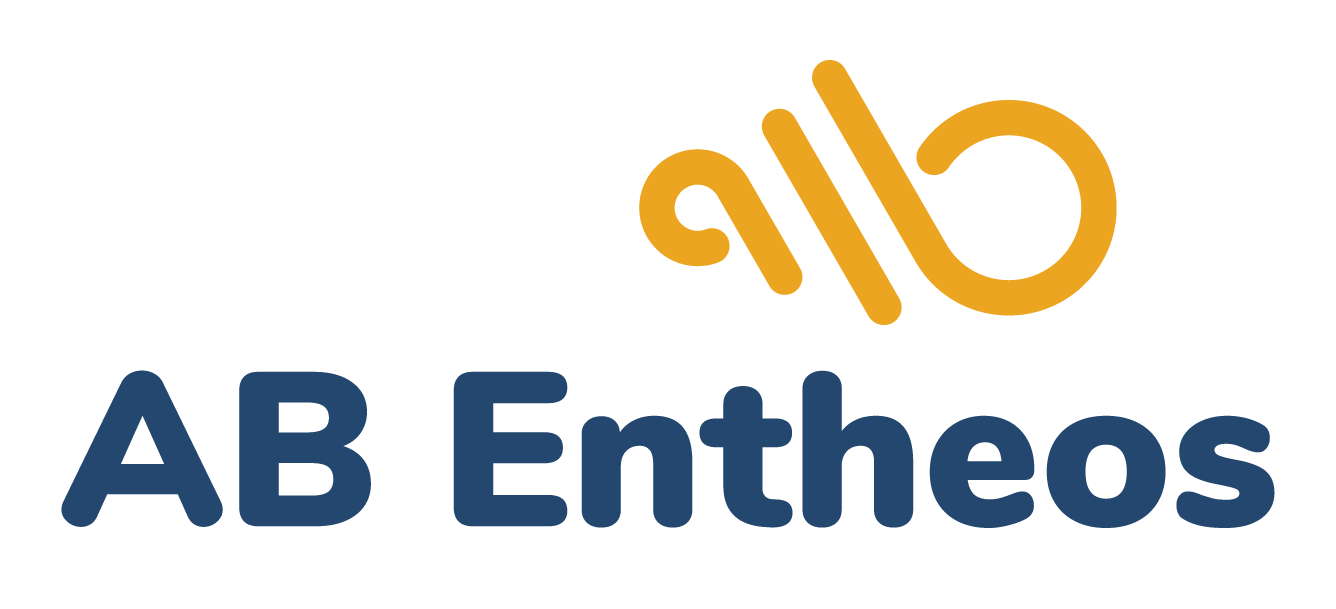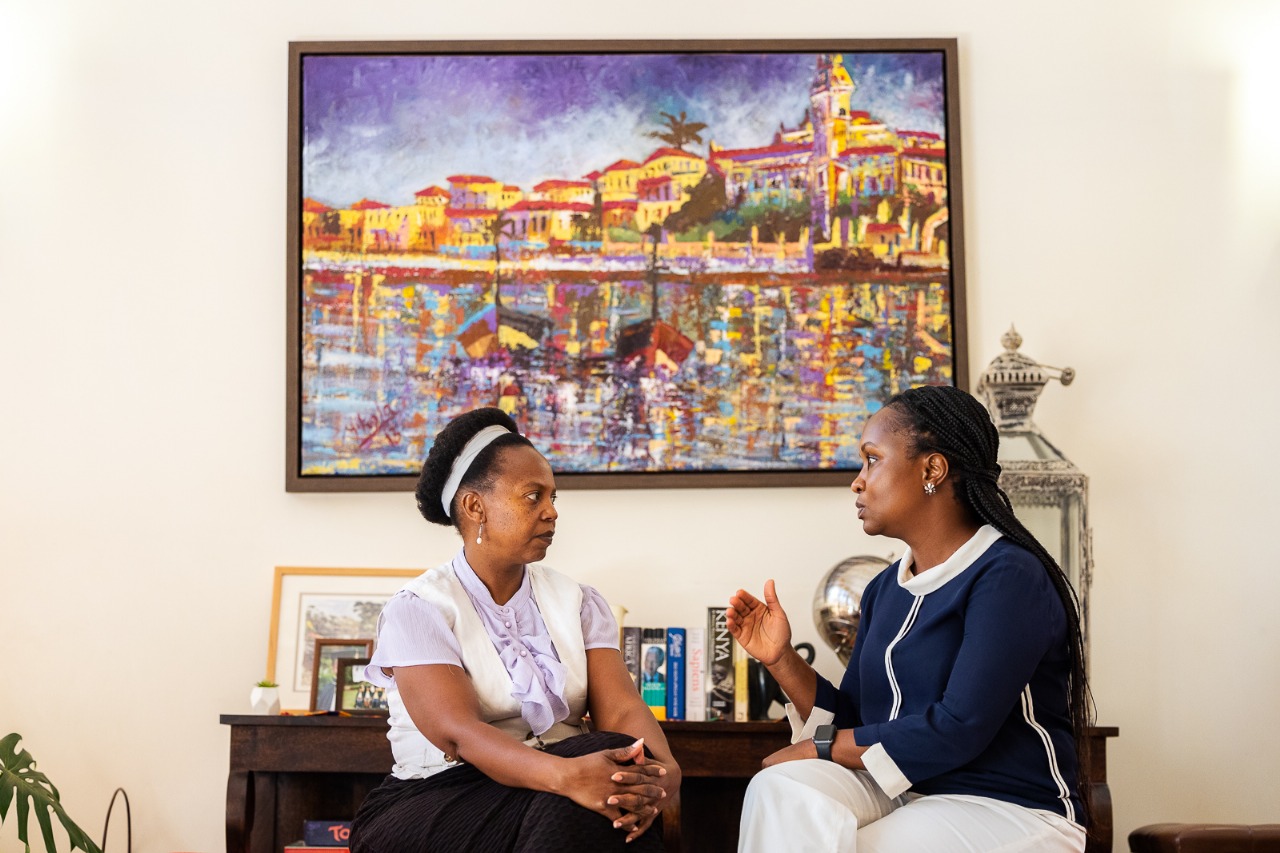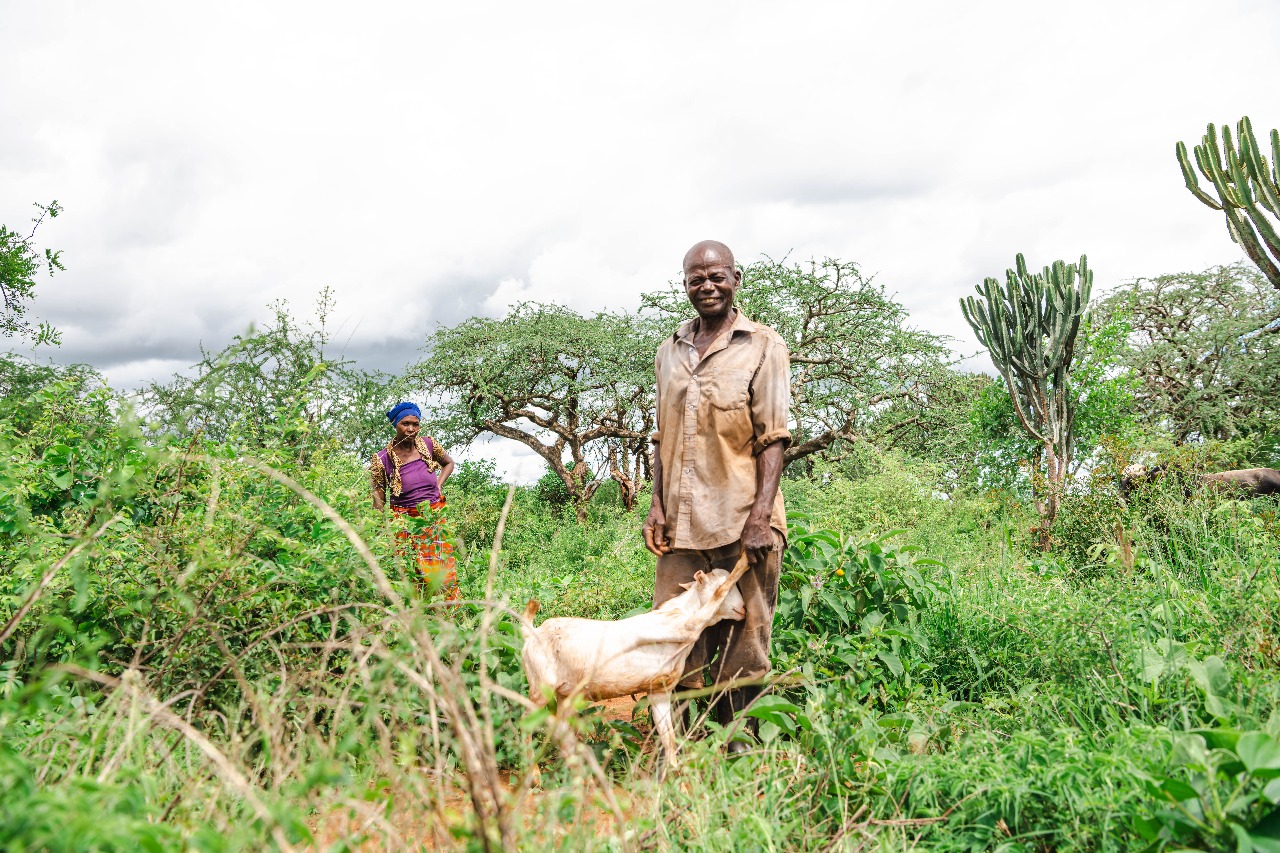
Lesson 6: Growing through new frontiers and the COVID-19 pandemic
In 2024, AB Entheos celebrated 10 years of operations. The company is the brainchild of Anne Kamau and Barbara Chesire, former colleagues from earlier in their respective careers. Launching and growing AB Entheos was the biggest professional challenge Anne and Barbara have faced. Through this blog series, they explain the challenges they have overcome, their successes, and the lessons learned. This is the sixth instalment in their story of 10 lessons in 10 years, or 10-in-10.
Driving Rwanda’s microinsurance transformation
After some uncertainty, 2020 saw things change for both Anne and Barbara. That year, they were appointed to the Rwandan I3C project. Run by Access to Finance Rwanda (part of the Financial Sector Deepening Africa network, the Inclusive Client-Centric Cycle project (I3C) helped insurers develop customer-centric insurance solutions. Alongside other experts, Anne and Barbara guided four insurance companies through a microinsurance accelerator. In the process, they helped both Prime Life and Radiant to access grants to pioneer new products.
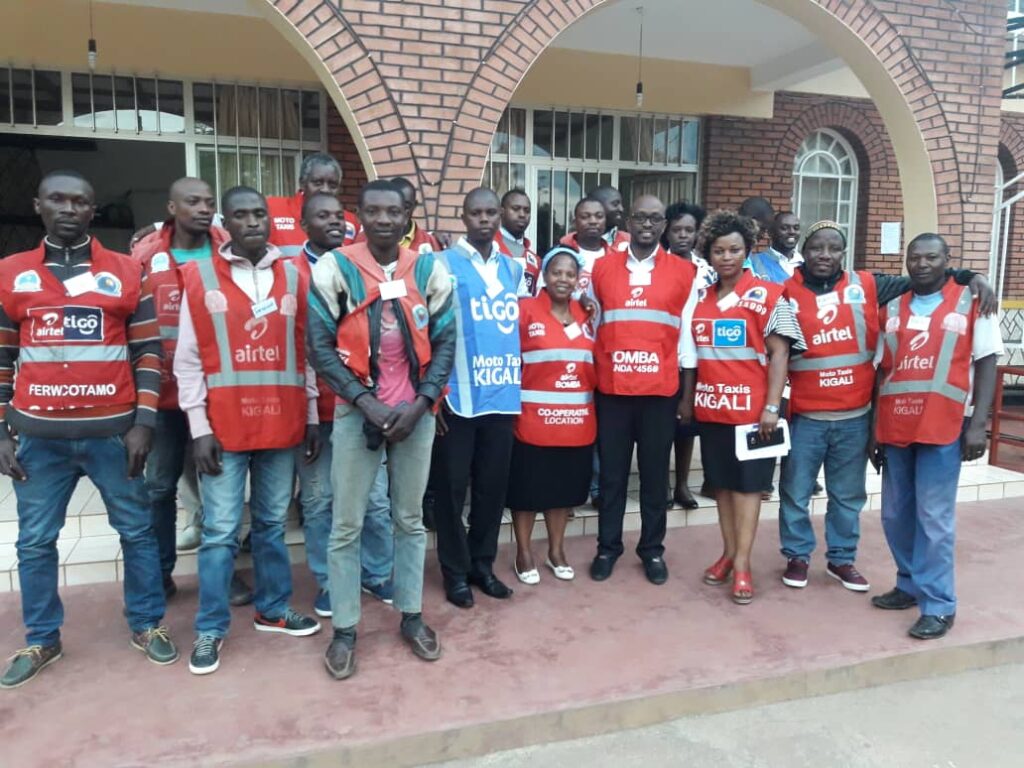
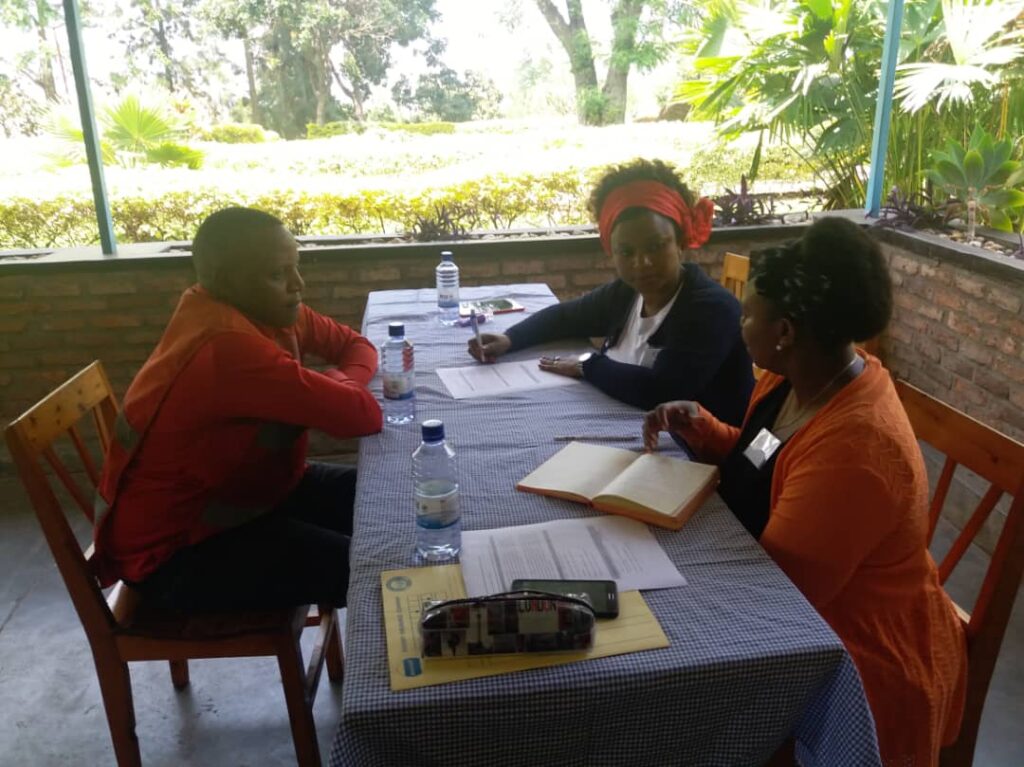
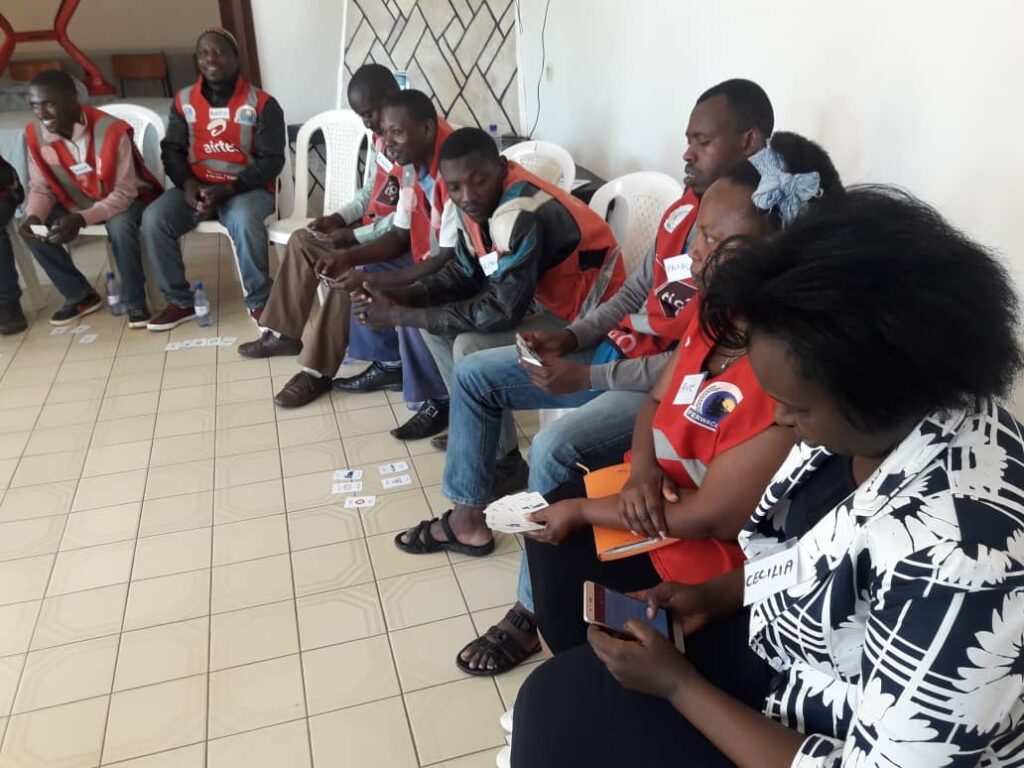
By now, their expertise was what others sought – especially in fledgling microinsurance markets. For I3C, Anne and Barbara applied human-centred design (HCD) thinking. It has shaped their approach to market identification and product development. With Rwanda having passed national regulations on microinsurance in 2018, Anne and Barbara encouraged Radiant to launch its microinsurance subsidiary using HCD. For Anne and Barbara, working in a new geography required flexibility and humility: listening, observing, and responding to needs on the ground rather than imposing ready-made solutions.
COVID-19: Rethinking work, culture, and recruitment
The COVID-19 pandemic upended old routines overnight for everyone worldwide. For Anne and Barbara’s nascent business, this had a cultural and operational impact: no more in-person meetings, office rituals or travel. Among the duo, who made the more seamless transition to remote work? Despite some initial uncertainty, Barbara soon embraced remote work by carving out a dedicated space at home and maintaining a disciplined routine.
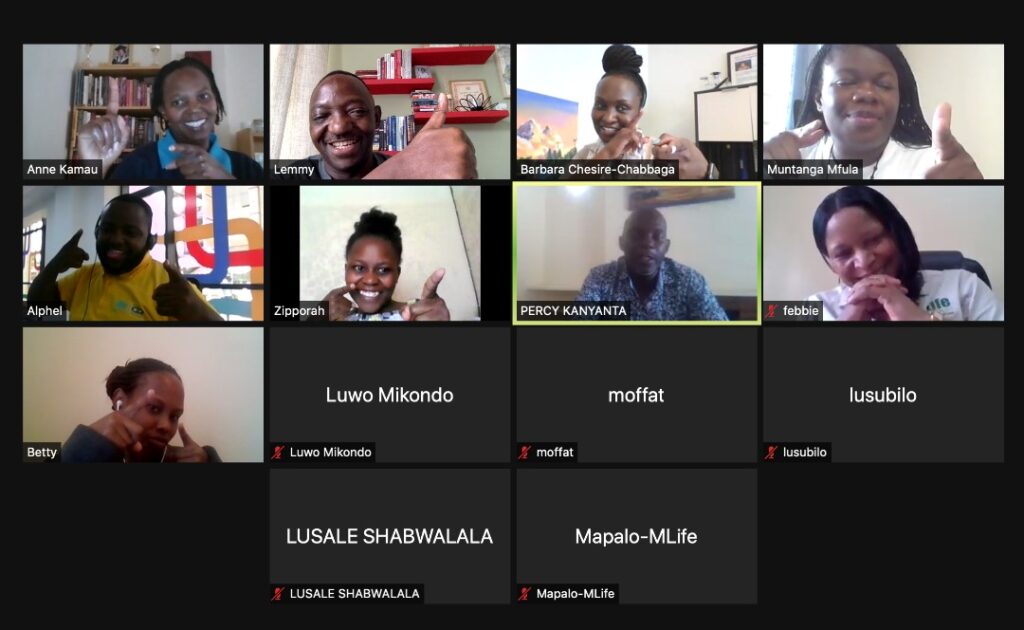
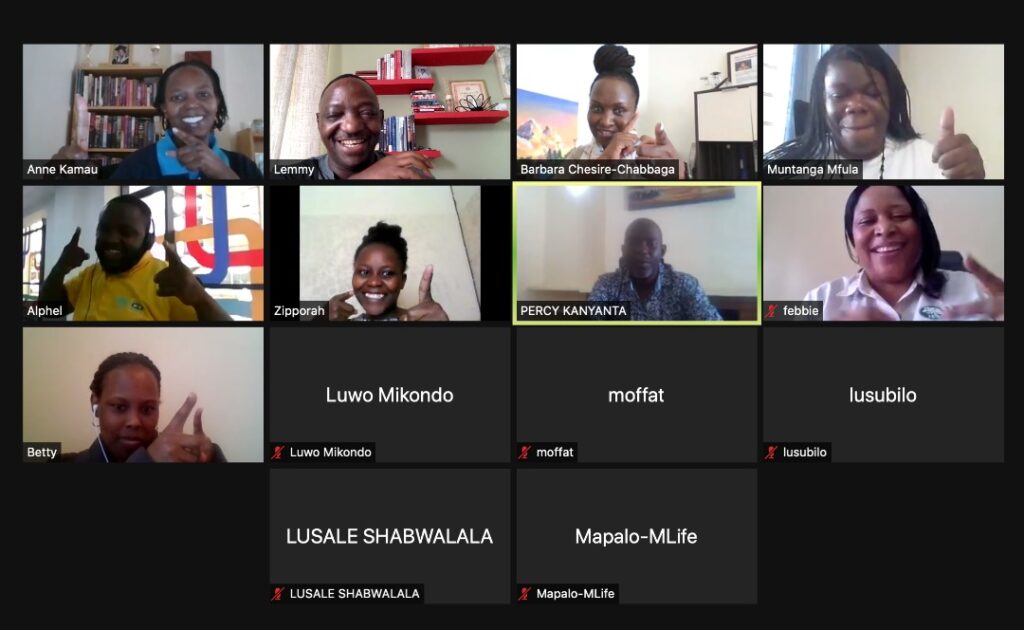
This meant changes for the team: regular check-ins on Mondays, Wednesdays and Fridays were complemented by good project management. This allowed everyone to maintain a routine and continue working normally. Remote working did not come without some apprehension. Clients continued to trust Anne, Barbara and their team. They continued to manage seven major projects – entirely virtual engagements, such as their work in Egypt, ended up being not just easily doable but sustainable for the business.
Remote working also led to radical methods. To expand the team, Anne and Barbara started remote hiring – a way that once seemed radical. For a small business, meeting people in person to gauge their fit and whether they can be trusted was not just a formality. It was necessary. In a few cases, they were able to hire well. When recalling this, both Anne and Barbara are astonished: the pandemic forced them to adapt in a way that wasn’t previously obvious. They are right to be sceptical, as not all recruits worked out. Stellar CVs do not always mean stellar performances.
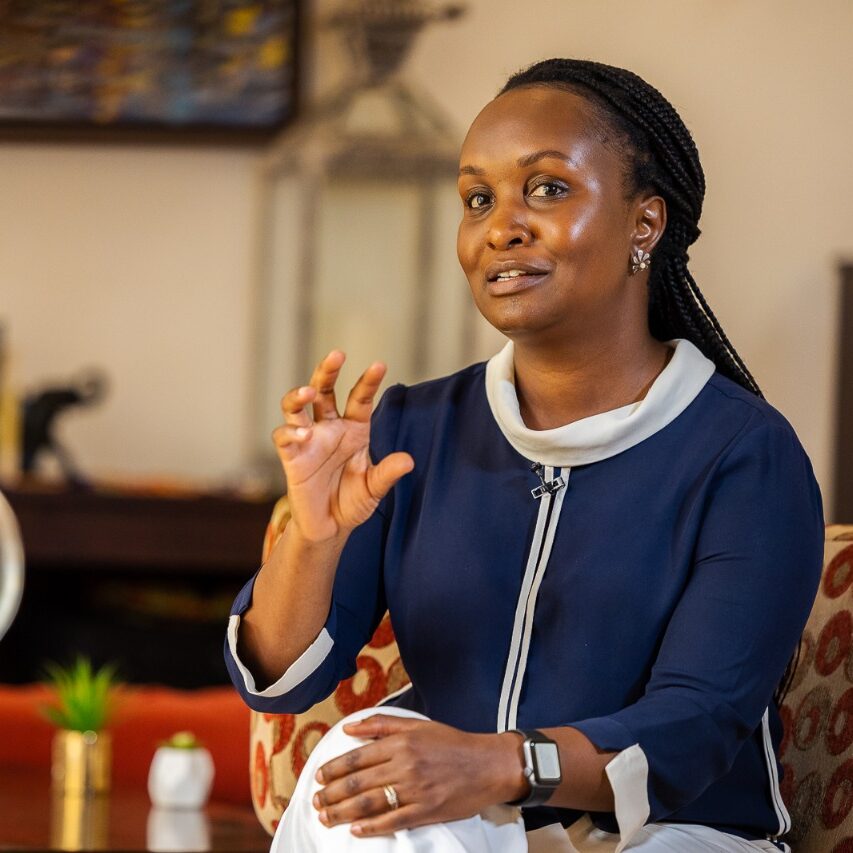
Some of these virtual hires, whom we had never met face-to-face during the COVID period, have become an irreplaceable part of the business.
~ Barbara Chesire
“We had to be creative under pressure, while the landscape changed.”
For Anne and Barbara, their greatest COVID-era achievement was the launch of the “ResilientME!” partnership with the Syngenta Foundation for Sudanese farmers. The project aimed to educate over 40,000 farmers on insurance, how it works, and its benefits. Using ResilientMe!, they developed hands-on training games for a digital audience. This involved translating content into Arabic and using video conferencing for interactive training sessions. By turning distance into an asset, Anne and Barbara reached more farmers than they had ever done before.
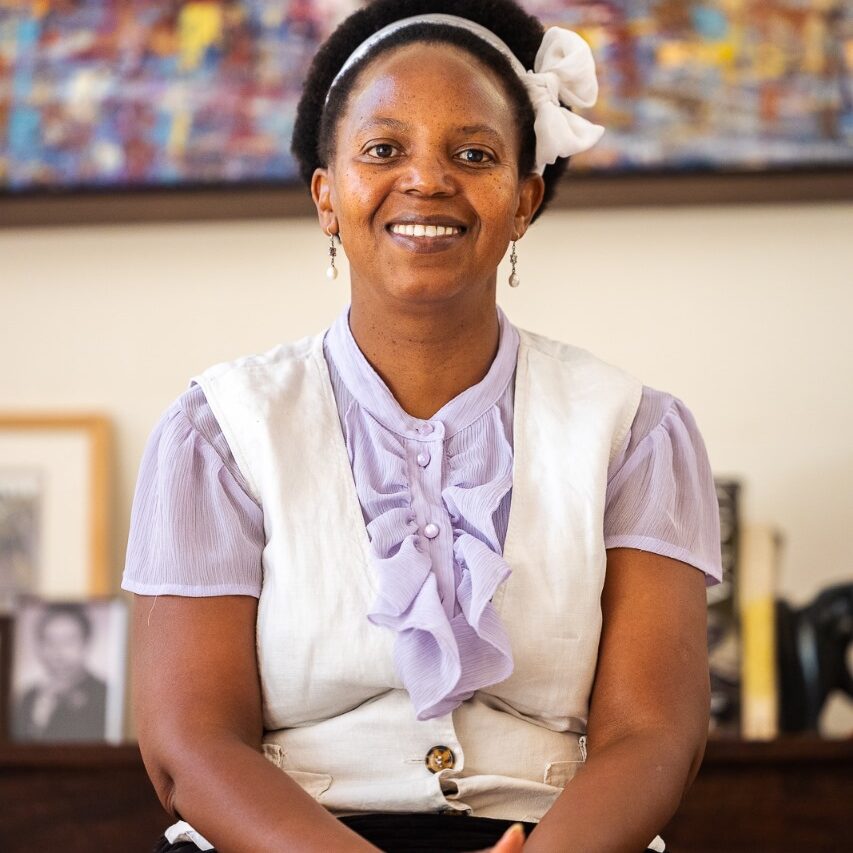
Using the game was a success story for us, and it was a success story for the Syngenta Foundation as well. That became one of our highlights whenever we spoke about ResilientME!.
~ Anne Kamau
Ultimately, pursuing these new frontiers – both geographic and operational – required a blend of grit and adaptability. Anne and Barbara had remained open to new ideas as the world around everyone changed quickly. This helped them invest in team cohesion and maintain a willingness to think beyond borders and old habits. They continued to engage with different partners and become resilient in the process. Anne and Barbara’s experience during COVID-19 expanded their vision for the business, maybe even for future innovation in African insurance.

